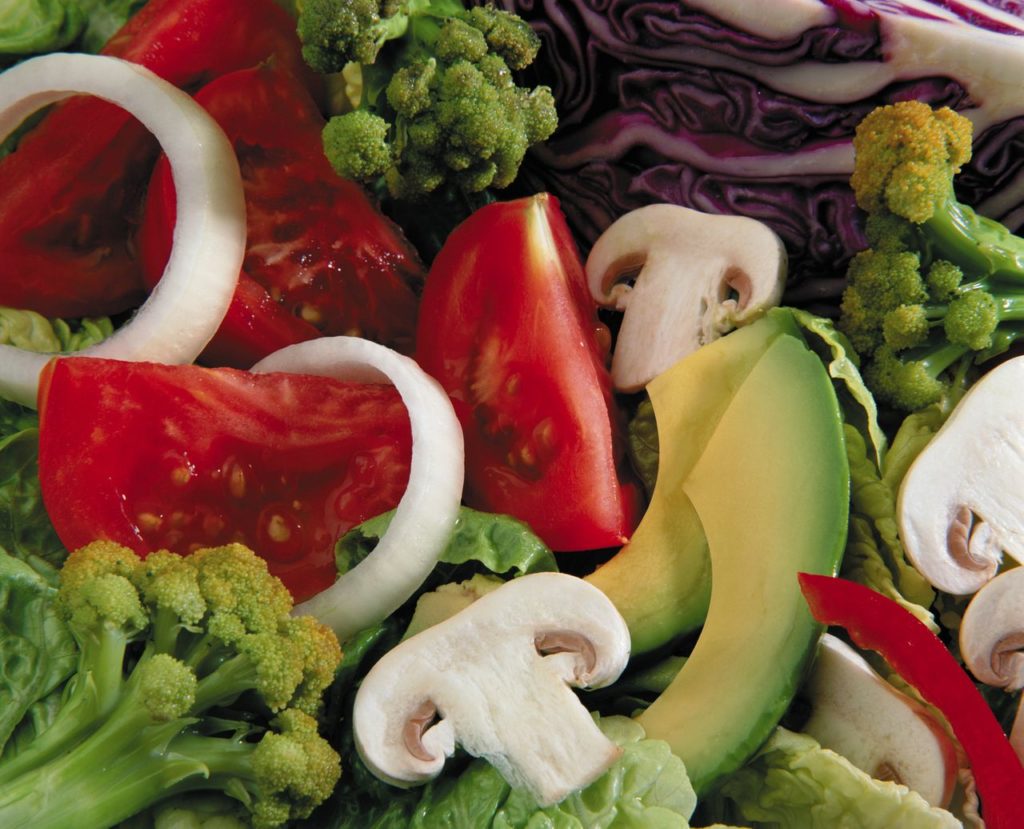
If you have done your research and are ready to start a ketogenic diet to help alleviate symptoms, here are some tools to have on hand:
1) A blood ketone monitor such as the Keto Mojo found HERE . You will need to check your ketone levels after meals to see how foods affect you.
2) Keto friendly flours such as almond flour, coconut flour, and flax meal. You can make breads, crackers, and even desserts from these products.
3) Water- lots and lots of water! It is so important on the ketogenic diet to drink at least as much fluids as you are consuming in calories. For instance, if you are eating 1800 calories per day, you need to drink at least 1800 ml of water.
4) Fats. But here’s the thing- you don’t need tons of meat and heavy cream. A heart healthy alternative to keto is using olive oil, avocados, and other plant based non-saturated fats such as walnuts and almonds.
5) A dietitian! Calculating your macronutrients can be exasperating. Making sure you get enough micronutrients is no picnic easier. Consult with a registered dietitian trained in the ketogenic diet to help you navigate this way of eating.
